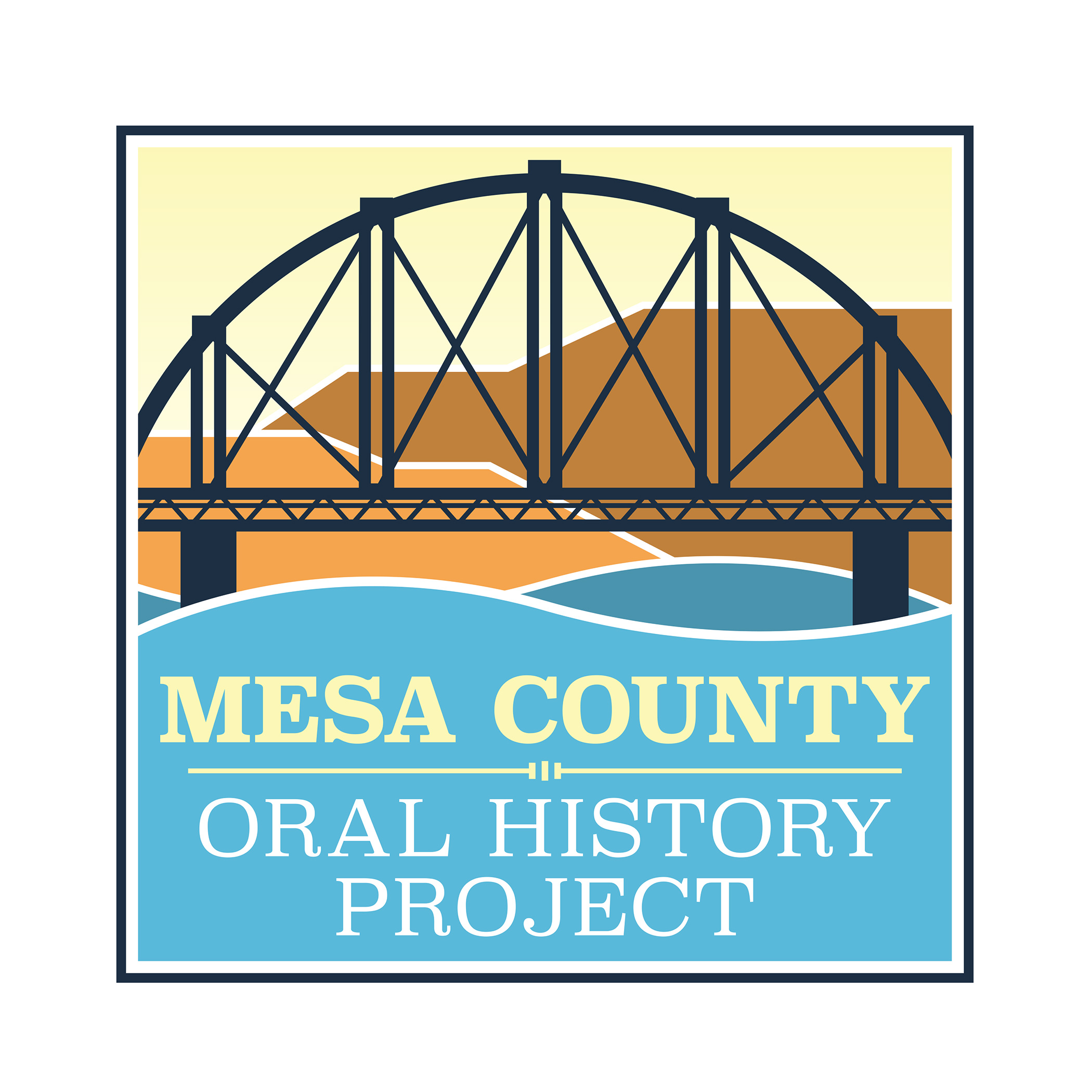 More than 60 audio interviews with historical figures of Mesa County are now available online for easy public access as part of the new Mesa County Oral History Project digital archive.
More than 60 audio interviews with historical figures of Mesa County are now available online for easy public access as part of the new Mesa County Oral History Project digital archive.
The Mesa County Oral History Project is a joint effort of Mesa County Libraries and Museums of Western Colorado. The 60-plus interviews available now are among more than 2,000 tape-recorded interviews collected from local residents since the mid-1970s, and their new presence online is a huge step forward in providing fast and convenient public access to a treasure trove of local history information.
The Mesa County Oral History Project is available at mesacountylibraries.org/mcohp/
First-person interviews with Mesa County pioneers and children of Mesa County pioneers provide unique and rare insight into life in western Colorado a century ago. The information in the Mesa County Oral History Project provides details and context that help today’s historians, students, and local residents understand the community’s past.
The interviews in the collection discuss the history of Grand Junction, Fruita, Palisade, Glade Park, the Plateau Valley, and more. They focus on topics such as agricultural history, farm life, sheep and cattle wars, mining, early businesses, the Utes, and early education.
Among the people whose interviews are available online are:
- George and Esther Knowles, discussing early businesses in Fruita, fighting as a soldier in World War I, and early 20th century life in Mesa County
- Helen (Hawxhurst) Young, discussing the early history of Collbran and Plateau Valley
- Eileen Butler, Josephine Dickey, and John Dickey, discussing the history of Handy Chapel and the African-American community in Grand Junction
- Lucy Ela, discussing John Otto, Colorado National Monument, and the settlement of Glade Park
- Rex Howell, discussing the history of broadcasting in Mesa County
- Jean Urruty, discussing Basque culture and his time living in Mesa County.
HOW TO ACCESS THE MESA COUNTY ORAL HISTORY PROJECT
The Mesa County Oral History Project is available at mesacountylibraries.org/mcohp/
Interviews are accessed through the library’s catalog, via a groundbreaking setup made possible by the Marmot Library Network, a regional provider of technology services to Colorado libraries. The Oral History Project’s home page contains a number of easy-to-use links that search for interviews about different geographic areas of Mesa County, topics of interest, or historical figures. The home page also provides unfiltered access to all interviews in the collection.
Anyone with an Internet connection can access and listen to the interviews; a library card is not required, and there is no charge.
THE ORAL HISTORY COLLECTION
Interviews in the Mesa County Oral History Project began in 1975 as a joint project of the Museums of Western Colorado and Mesa County Libraries.
The Oral History Project collected tape-recorded interviews with pioneers of Mesa County and surrounding areas, and with the children of pioneers. The Central Library housed the duplicate audio cassettes and provided patron access to the histories. The Museum stored the master tapes and kept files and transcripts related to the oral history collection.
Today, the Museums of Western Colorado continue to record oral histories with residents who have important knowledge of the area’s history. Mesa County Libraries no longer partner with the Museum in recording interviews and no longer keep duplicate copies of tapes. But the library and museum now work together in an ongoing effort to digitize and provide online access to interviews. The Museum continues to house the original audio cassettes, interview transcripts, and other source material for the project.
By converting the taped interviews to a digital format, the Oral History Project helps preserve interview contents indefinitely. Cassette tapes can degrade over time, reducing audio quality and jeopardizing the usability of the interviews. Once the tapes are converted to digital files, the digital files can be hosted in the online collection and easily accessed by anyone with an Internet connection. Some of the online interviews are accompanied by a transcript of the conversation and photographs of the interview subjects.
